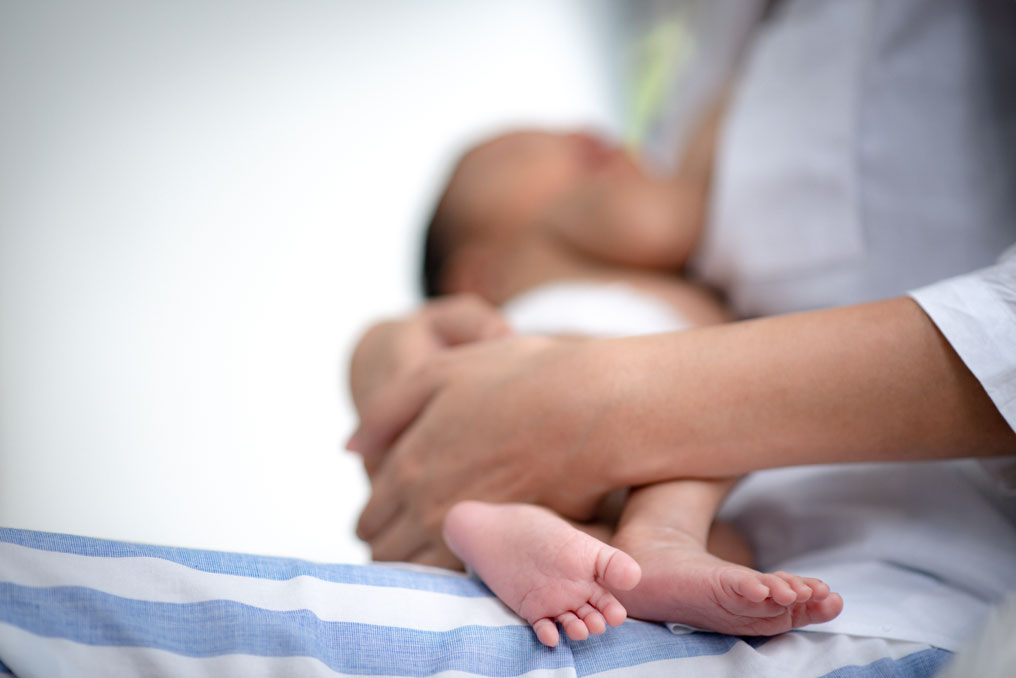Medically Reviewed by Dr Raina Loh, MMed (Family Medicine), Singapore
Our clinic is dedicated to providing high-quality medical services for infants and young children, and we understand that having a sick child can be a stressful and worrying experience for parents. That is why we offer a range of diagnostic services, including blood and urine tests, to help identify the cause of your child’s illness and provide effective treatment.
Why choose our clinic?
Our clinic is staffed by experienced healthcare professionals who are dedicated to providing compassionate care for infants and young children. We understand the unique healthcare needs of babies and young children, and we are equipped to conduct blood and urine tests on site if necessary, saving you and your child trips to other medical facilities.
What types of blood and urine tests do we offer?
We offer a range of blood and urine tests for babies and young children, including:
- Blood tests: Full blood count (FBC), C-reactive protein (CRP), Dengue
- Urine tests: Urine dipstick, urinalysis, urine cultures
During a blood or urine test, a small sample of blood or urine will be taken from your baby for analysis. Our staff will work quickly and gently to minimize any discomfort or pain for your baby, and we will explain the testing process to you every step of the way.

How do I know if my child needs a blood test?
It’s important to talk to your baby’s doctor if you have any concerns about their health. They can help determine if a blood test is necessary and explain the reasons behind the test. Blood tests are generally safe, but they can be stressful for both you and your baby. Our team can help prepare you and your baby for the blood test and make the experience as comfortable as possible.
Some indications for blood tests include persistent fevers or recurrent infections.
Babies can have blood tests at any age, including shortly after birth. In some cases, blood tests may be necessary to diagnose or monitor medical conditions in newborns or young infants.
What can a Full Blood Count tell me?
A full blood count (FBC), also known as a complete blood count (CBC), is a common blood test that provides information about the different types of cells in your child’s blood. A FBC can tell us several important things about your child’s health, including:
Red blood cells (RBCs) and haemoglobin (Hb): The number, size, and shape of your child’s red blood cells can indicate whether he/she may have anaemia or other blood disorders. In children, anaemia is commonly due to nutritional causes such as iron deficiency.
White blood cells (WBCs): The number and types of your white blood cells can indicate whether your child has an infection or an immune system disorder.
Platelets: The number and size of your platelets can indicate whether your child may have a bleeding disorder or a bone marrow problem. Platelet levels can also decrease when your child has an infection, such as dengue.
In summary, a FBC can give an overall picture of your child’s general health and help diagnose certain medical conditions. It is a useful tool for monitoring the progress of certain treatments, and can be used to detect the presence of certain cancers, infections, or autoimmune diseases.

What can a CRP test tell me?
A CRP test (C-reactive protein test) is a blood test that measures the level of C-reactive protein, a protein produced by the liver in response to inflammation. The test can tell you if there is inflammation present in your body. A markedly high CRP may indicate a bacterial infection, and can aid in the decision for antibiotic treatment for your child’s infection.
When would my child require a urine test?
If your child has symptoms of a urinary tract infection, such as fever, irritability, or difficulty feeding, your doctor may order a urine test to check for the presence of bacteria, blood or white blood cells.
Urinary tract infections (UTIs) are fairly common in children, including those who cannot speak yet. In fact, UTIs are one of the more common bacterial infections in young children.
In children who cannot talk, it can be difficult to recognize the symptoms of a UTI. Some signs to watch out for include:
- Fever
- Fussiness or irritability
- Poor feeding
- Vomiting or diarrhea
- Foul-smelling urine
- Cloudy, bloody, or discolored urine
- Urine that appears to be painful or uncomfortable to pass
If you suspect that your child may have a UTI, it is important to take them to see a healthcare provider as soon as possible. Your healthcare provider may recommend a urine test to confirm the diagnosis.
Untreated UTIs can lead to more serious complications, such as kidney damage, so it is important to seek prompt evaluation if your child is showing signs of a UTI. Treatment typically involves a course of antibiotics, which should be taken as directed by your doctor.
Take action today!
If your baby is sick and you think they may need a blood or urine test, don’t hesitate to contact our clinic to schedule an appointment. Our staff will be happy to answer any questions you may have about the testing process and provide you with instructions on how to prepare your baby for the test. Early diagnosis and treatment can make a significant difference in your baby’s health and well-being.

